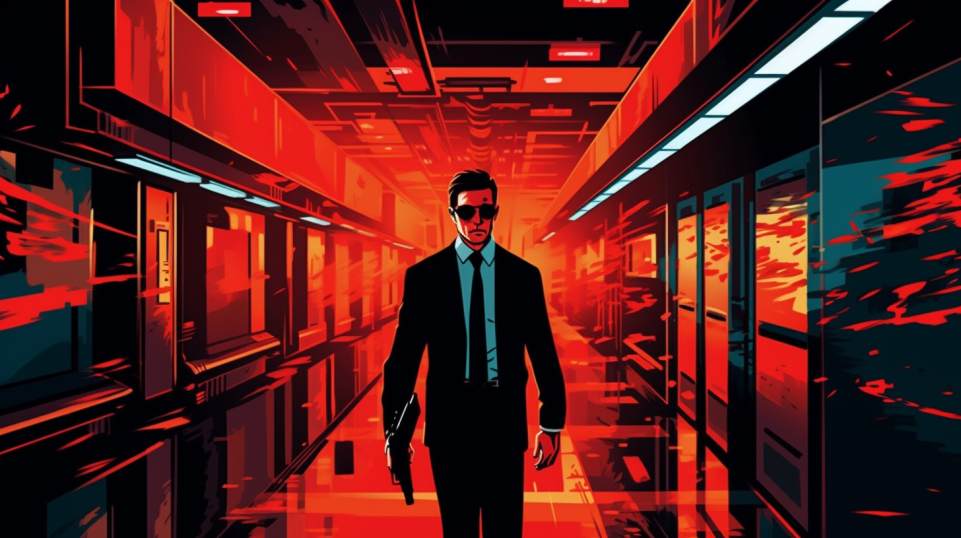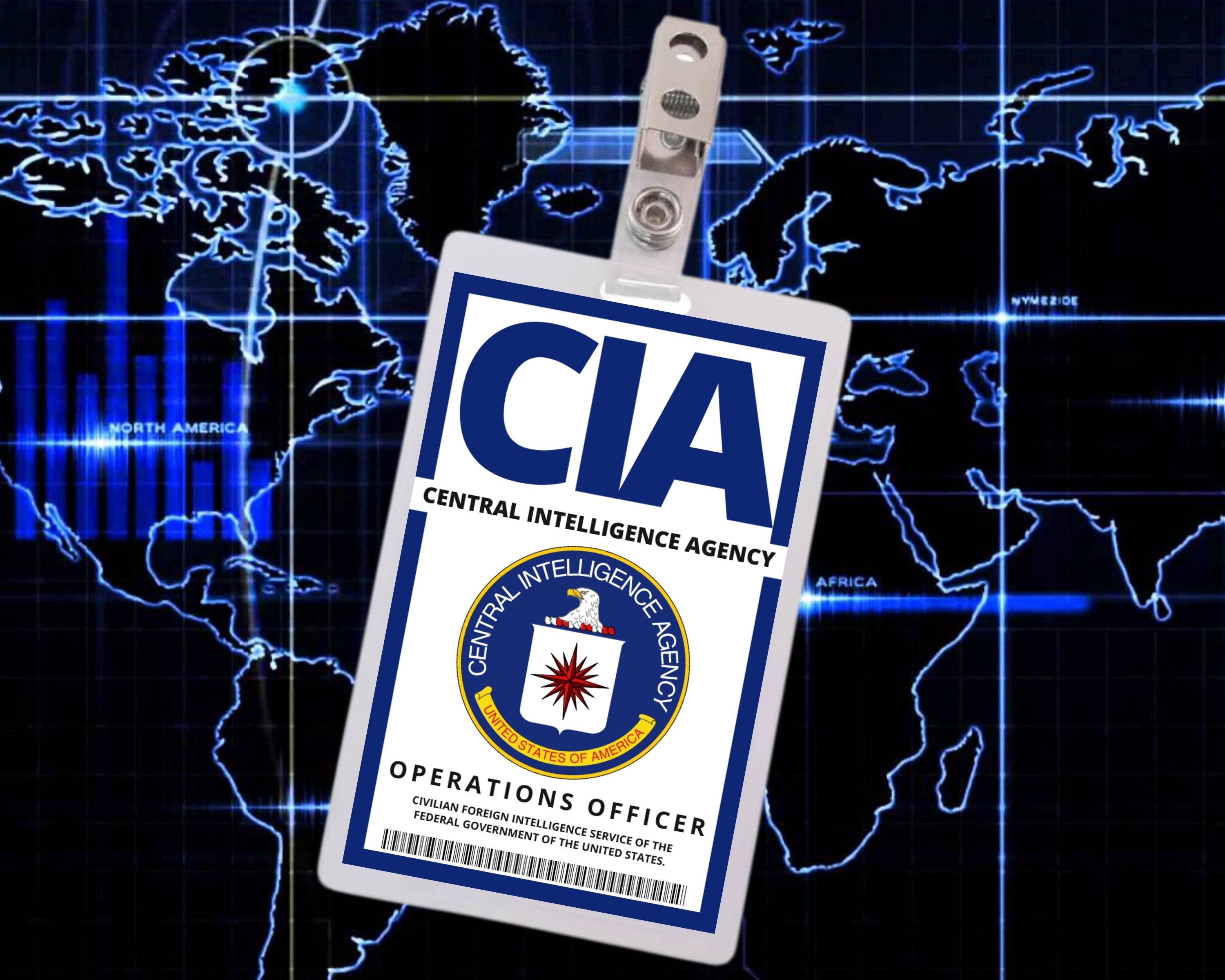Central Intelligence: History, Founders, why it was made, How they operate, Jurisdiction, Major Achievements, Famous Arrests, Facts, Recent News And Everything To Know

The Central Intelligence Agency (CIA), known informally as the Agency and historically as the Company, is a civilian foreign intelligence service of the federal government of the United States. Its official mission is to gather, process, and analyze national security information from around the world, primarily through covert operations and intelligence collection. As the world’s premier foreign intelligence agency, the CIA also plays a critical role in safeguarding U.S. national security. Here are some key points about the CIA:
Mission and Functions:
- Gathering Intelligence: The CIA collects and evaluates vital information on economic, military, political, scientific, and other developments abroad.
- Covert Action: It conducts covert operations to further national security interests.
- Analysis: The CIA analyzes foreign intelligence to provide U.S. policymakers, also including the President, with the information they need to make informed decisions.
History and Founding
- The CIA traces its origins to September 18, 1947, when President Harry S. Truman signed the National Security Act of 1947 into law.
- The impetus for its creation stemmed from the unforeseen attack on Pearl Harbor, but it was also driven by the need to coordinate government intelligence efforts post-World War II.
- General William “Wild Bill” Donovan, head of the Office of Strategic Services (OSS) during the war, advocated for a peacetime “Central Intelligence Service.” This service would procure intelligence through both overt and covert methods. Also guiding national intelligence objectives without engaging in law enforcement functions.

Key Aspects of the CIA’s Role During the Cold War:
- Espionage and Covert Operations:
- The CIA engaged in espionage, gathering critical information on the Soviet Union and its allies.
- Covert operations included subversion, sabotage, and clandestine activities.
- Technical operations involved bugging Soviet communications lines. And also developing reconnaissance aircraft like the U-2.
- Analysis of the Soviet Union:
- The CIA’s major mission was to analyze and explain the intentions and capabilities of the Soviet Union to U.S. policymakers.
- This daunting task also involved assessing Soviet military, political, and economic developments.
- The CIA provided crucial insights during tense moments, such as the Cuban Missile Crisis.
- Cold War Espionage and Technology:
- The CIA’s technical prowess expanded during this era.
- It monitored Soviet activities, tracked missile programs, and assessed military capabilities.
- The development of spy planes, satellites, and also advanced surveillance techniques marked significant achievements.

Why It Was Made
- Truman recognized the need for a fully-functional post-war intelligence organization.
- The CIA emerged as the beast of three masters: Truman, Defense (which wanted comprehensive knowledge), and the FBI (with jurisdiction in Latin America).
- Its purpose: to organize and analyze information critical for national security.
How They Operate
- The CIA gathers, processes, and analyzes intelligence from around the world.
- Covert operations, analysis, and also coordination with other agencies are key components.
- It operates both overtly and clandestinely, safeguarding U.S. interests.
- No police or law enforcement functions—purely intelligence and security.
Jurisdiction and Achievements
- The CIA’s jurisdiction spans global intelligence and counterintelligence.
- It has played a pivotal role in:
- Cold War Espionage: Gathering critical information during the Cold War.
- Counterterrorism: Tracking down terrorists and preventing attacks.
- Covert Operations: From toppling regimes to rescuing hostages.
- Also Satellite Surveillance: Pioneering satellite reconnaissance.
- Cyber Intelligence: Navigating the digital age.
- Its achievements remain largely classified, but its impact is profound.
Famous Arrests and Facts
The CIA’s involvement in high-profile arrests remains veiled. But its fingerprints are on many covert operations.
- Nelson Mandela’s Arrest:
- In 1962, Nelson Mandela, leader of the African National Congress (ANC) and a fugitive from the apartheid regime, was arrested by the South African police.
- Mandela was posing as a chauffeur, sitting in the passenger seat of a car driven by Cecil Williams, an underground ANC member.
- A South African policeman approached the car, took out an arrest warrant, and also politely asked Mandela to identify himself.
- Had he tried to escape, history might not remember Nelson Mandela at all.
- Kevin Mallory:
- In 2019, Kevin Mallory, a former CIA agent, was sentenced to 20 years in prison for conspiring to transmit U.S. defense secrets to China.
- His actions raised concerns about espionage and national security.
- Joshua Schulte:
- Joshua Schulte, a former CIA officer, was sentenced to 40 years in prison for leaking a trove of classified hacking tools to WikiLeaks.
- He was also found guilty of possessing child abuse images.
- Alexander Yuk Ching Ma:
- In 2020, Alexander Yuk Ching Ma, another former CIA officer, was arrested and charged with espionage.
- He conspired with a relative (also a former CIA officer) to communicate classified information. Up to the Top Secret level to intelligence officials of the People’s Republic of China (PRC).
- Controversies and Renditions:
- Following the September 11 attacks, the CIA faced accusations of rendering hundreds of people suspected of terrorism to third-party states like Egypt, Jordan, Morocco, and Uzbekistan
- Notable Figures: From double agents to defectors, the CIA has dealt with them all.
- Innovation: It pioneered technology, including spy planes and encryption.
- CIA Memorial Wall: 139 fallen officers honored for their sacrifice.
Recent News
- The CIA continues to adapt to modern challenges.
- Recent headlines focus on cyber threats, disinformation campaigns, and global instability.
- Its work remains essential in an ever-evolving world.
From World War II to the present day, they carry on the traditions of bravery and quiet sacrifice that have made them the world’s premier foreign intelligence agency.
The CIA—silent, vigilant, and enigmatic—remains a cornerstone of U.S. security. Its legacy, woven into the fabric of history, continues to shape our world.
Remember, behind every headline lies the quiet dedication of those who serve in the shadows.

